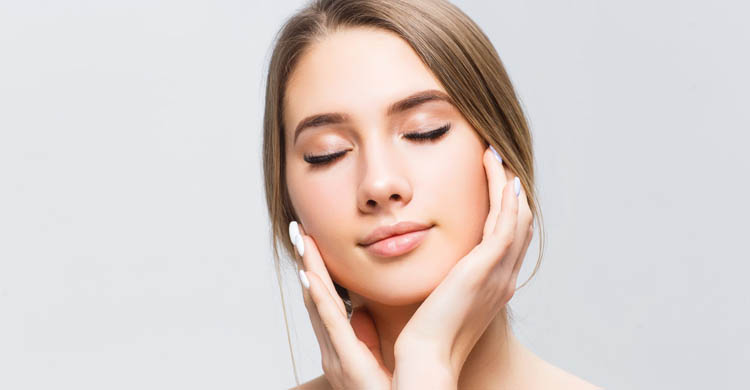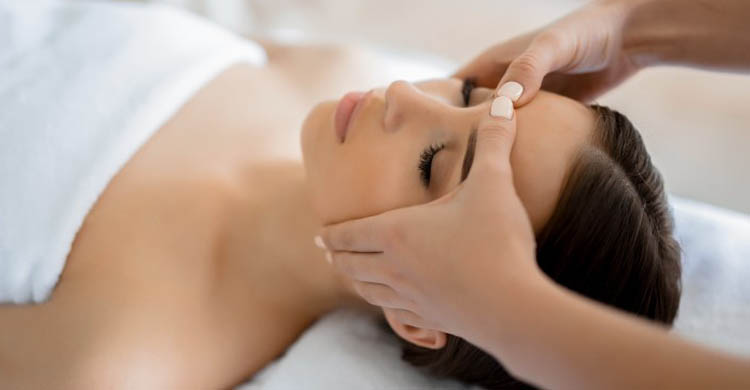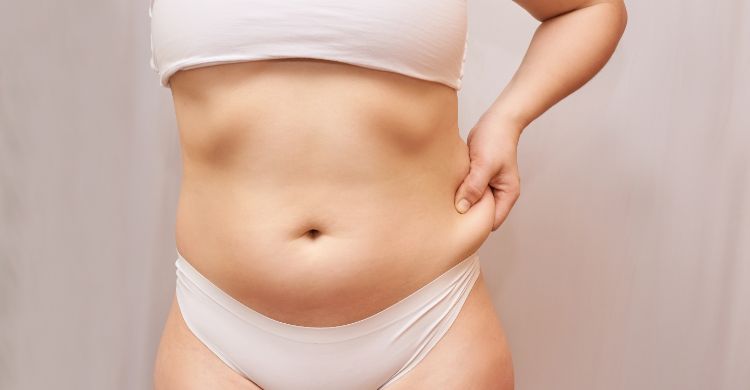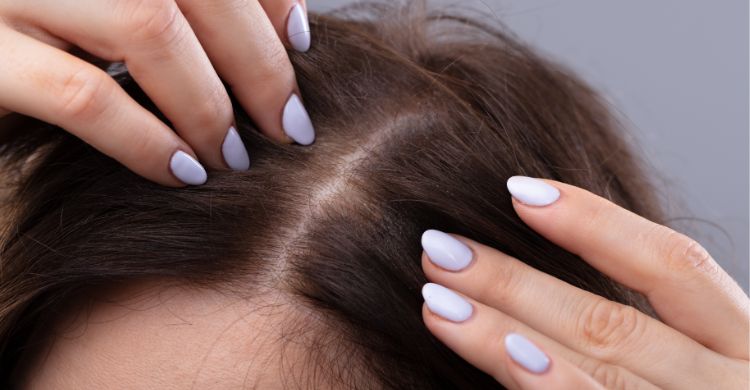Treatments For Excess Sweating
Excess Sweating London
Causes of Excess Sweating
Excessive sweating, also known as hyperhidrosis, can be caused by a variety of factors, including:
Overactive sweat glands: Hyperhidrosis is sometimes caused by overactive sweat glands, which produce more sweat than the body requires.
Medical conditions: Diabetes, hyperthyroidism, menopause, and nervous system disorders such as Parkinson's disease or multiple sclerosis are all examples of medical conditions that can induce hyperhidrosis.
Medications: As a side effect, some drugs, such as antidepressants and blood pressure medications, can produce excessive perspiration.
Diseases: Certain bacterial or viral illnesses, such as tuberculosis, HIV, and endocarditis, can produce excessive perspiration.
Genetics: Hyperhidrosis can run in families, implying that the disorder has a hereditary component.
Psychological factors: For certain people, emotional stress and anxiety can cause excessive perspiration.
Menopause: Hot flashes and profuse perspiration can be caused by hormonal changes during menopause.
Obesity: Being overweight increases your chances of having hyperhidrosis.
Excessive sweating can cause the following symptoms:
→ Visible sweating, even when not engaged in physical activity or in a cool setting
→ Skin that feels wet or damp often
→ Increased body odour
→ Skin irritation caused by prolonged dampness, such as rashes or fungal infections
→ Difficulty gripping objects due to increased perspiration of the hands
SaveFace
You safety matters

At Dermamina we have successfully attained the Save Face Accreditation, which signifies our consistent adherence to the highest industry standards. To earn this esteemed recognition, we underwent a rigorous evaluation conducted by an independent body.
Read more
Save Face is a register accredited by the Professional Standards Authority, holding official recognition from the Government, the Department of Health, and NHS England. This acknowledgment underscores our unwavering commitment to delivering exceptional quality services, meeting the stringent criteria set by these esteemed organizations.








